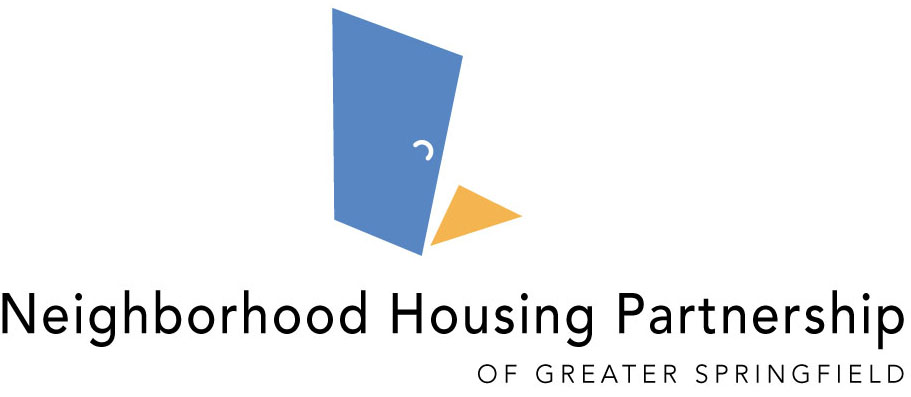Lessons from Hong Kong: A former Ohio resident explains how DeWine’s response can help curb COVID-19
There’s a lot of information — and misinformation — out there. We’ve rounded up the facts for staying safe and healthy, plus a few ways to support the local economy.

On Wednesday, March 12, Ohio Governor Mike DeWine announced that all K-12 schools in the state would close starting at the end of the school day on Monday, March 16.
Since that initial announcement, there has been a wave of additional closings and cancellations throughout the state, with universities being the first to close, and individual school districts, companies, and organizations shutting down and postponing events. On Sunday, March 15, Gov. DeWine shared the Ohio Department of Health’s order to close all restaurants and bars at 9 p.m. While dining rooms are shuttered over the next few weeks, carryout and delivery will still be available.
And the latest announcement is that Tuesday’s primaries were postponed. Stay informed through the Clark County Board of Elections.
What does this mean for the community?
We already know that the global economy is suffering. As widespread quarantining, self-isolation, and social distancing continue, local businesses are feeling the effects immediately.
And while some people think this is extreme and inconvenient, others say it’s the only choice.
“The U.S. seems to be doing a terrible job of the fundamental measures thus far,” says William Marshall, a lawyer and partner at Deloitte who is currently based in Hong Kong. “Testing has to be widely available and readily accessible. You can’t take precautions against things you don’t know exist. So testing is key.”
“There’s so much for people in the U.S. to learn from Asian countries that have been dealing with this and SARS about 17 years before,” he continues. “In most places in Asia, if you’ve been exposed to people with the virus, you need to self-quarantine for 14 days and people are actually following this.”
Marshall, who lived in Columbus before relocating to Hong Kong about a decade ago, initially sent his wife and daughter to the states after the first cases of coronavirus surfaced overseas. Now, he’s bringing them back because he thinks it’s safer.
“We’ve done a better job of managing the spread and have a health infrastructure better equipped to manage this with the experience of months of COVID-19 and SARS previously,” he says.
As lawyers, he says that his coworkers are doing webinars instead of client seminars, conference calls instead of meetings, and no traveling. The company uses WhatsApp to keep in touch with teams and emails for client work.
Restaurant business — while still suffering — has picked up, he says, because even establishments that don’t normally promote delivery are using apps as well.
Don’t panic — stay safe
As of 2 p.m. Wednesday, March 18, there are 88 confirmed cases in Ohio and none in Clark County, according to the Ohio Department of Health. Social distancing — staying a minimum of 6 feet away from other people — is a well-known way to prevent the spread of coronavirus, along with good hygiene, diet, and sleep. DeWine’s announced closings will likely flatten the curve, but precautions are still necessary.
In China, according to Marshall, wearing masks is mandatory if you go to the office or other public spaces. Hand sanitizer is heavily used and available in these locations.
“People are just aware,” he says. “We still have new infections almost daily, unfortunately, but many, many fewer than expected and that is down to the social distancing and hygiene … I think people in the U.S. are just not comfortable with this and feel it seems crazy, but it really does work.”
Bottom line?
Check-in regularly — virtually — with your friends, schools, public facilities, child care providers, coworkers, and doctors.
Unless you’ve traveled recently, been exposed to someone with the virus, or are feeling sick, social distancing doesn’t have to mean total isolation. Restaurants and businesses are consistently updating their hours and services on their websites and Facebook pages. COhatch The Market, which recently opened, has launched COhatch Delivers to serve the community. And businesses like Mother Stewart’s Brewing and Speakeasy Ramen have adapted to the new restrictions that allow for carryout and deliveries only.
“As far as working or business,” says Marshall, “it’s a challenge for everyone. Travel, hospitality, food, and beverage are all being devastated in Hong Kong.”
“[But] as China comes closer to normal output, the rest of the world has dropped their demands to close to zero,” he continues, “so [I think] the economy will continue to suffer globally for the rest of the year.”







